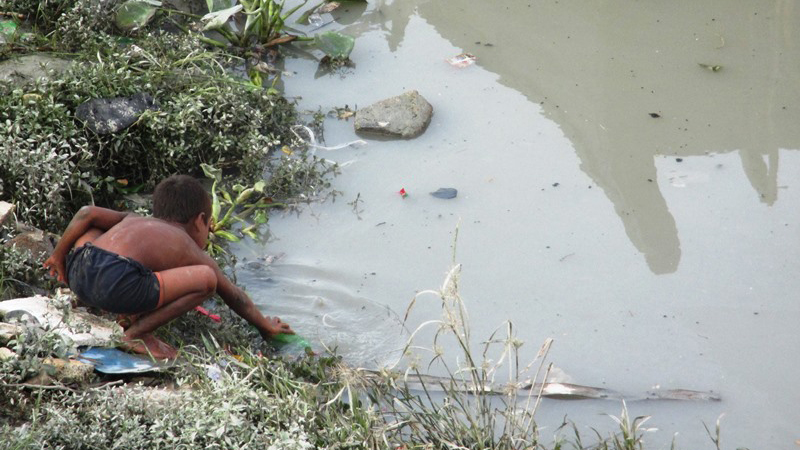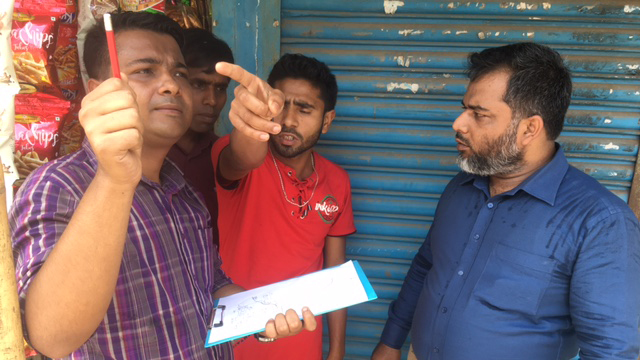Perform a Situational Analysis
Approach
Advantages
A range of existing information sources can be used to perform a situational assessment, including national policy and strategy documents, government reports, published and unpublished research, media reports and even narratives from community members. A situational assessment can be used for identifying appropriate, context-specific approaches for the prevention of a health issue. A high quality situational assessment will consider local needs and expectations, existing stakeholder presence, health system capacity and health system performance.
Disadvantages
Performing a situational assessment requires commitment from appropriate stakeholders for the collection, screening and analysis of relevant information. Once stakeholders have been selected, a stakeholder involvement plan should be drafted, clearly outlining the tasks and responsibilities of each individual. As searching, reviewing and organising information can be time consuming, stakeholder commitment may be difficult to obtain. It might be necessary to employ an expert and for the production of the situational assessment document, which can be costly.

Step 1
Assess the situation
